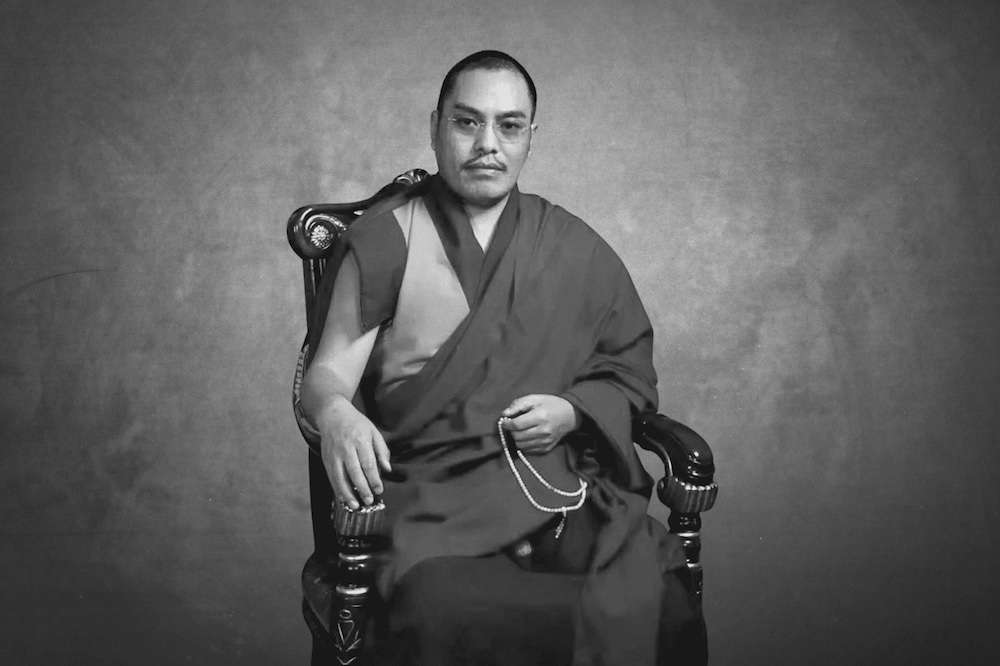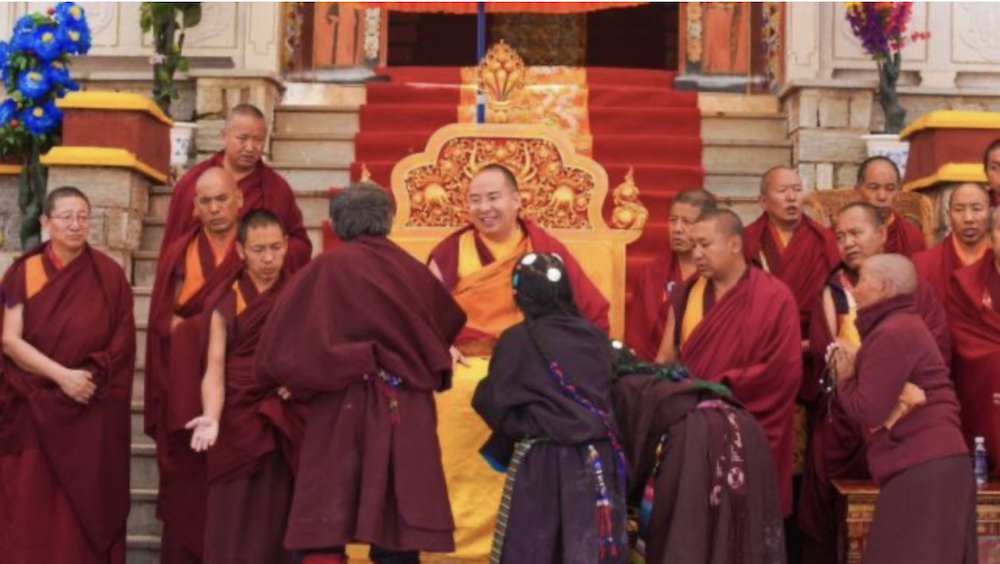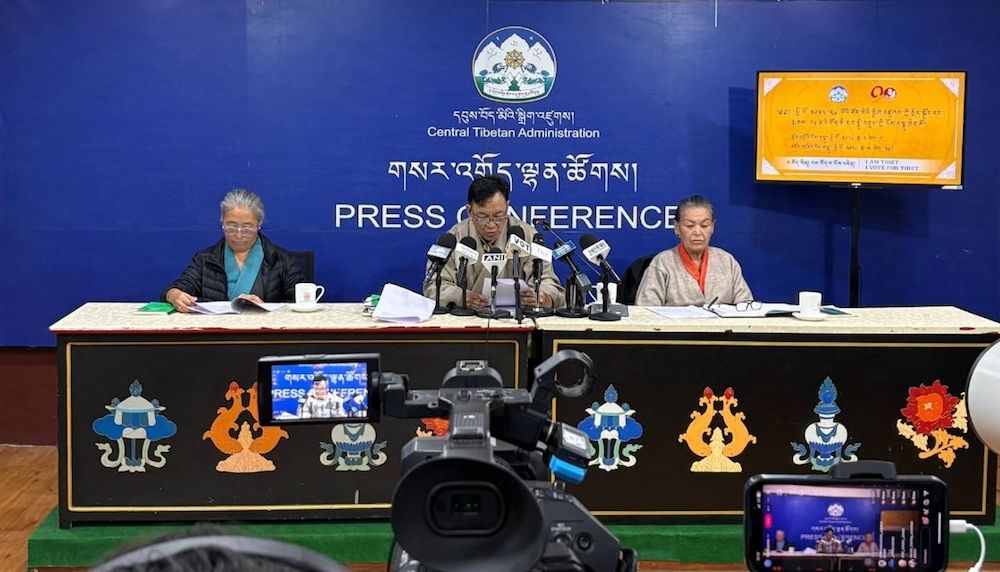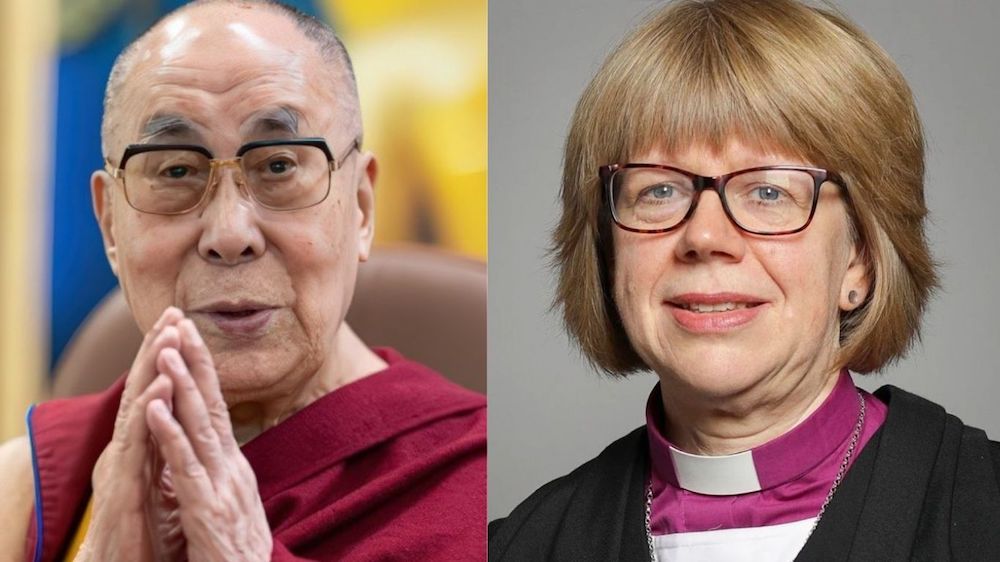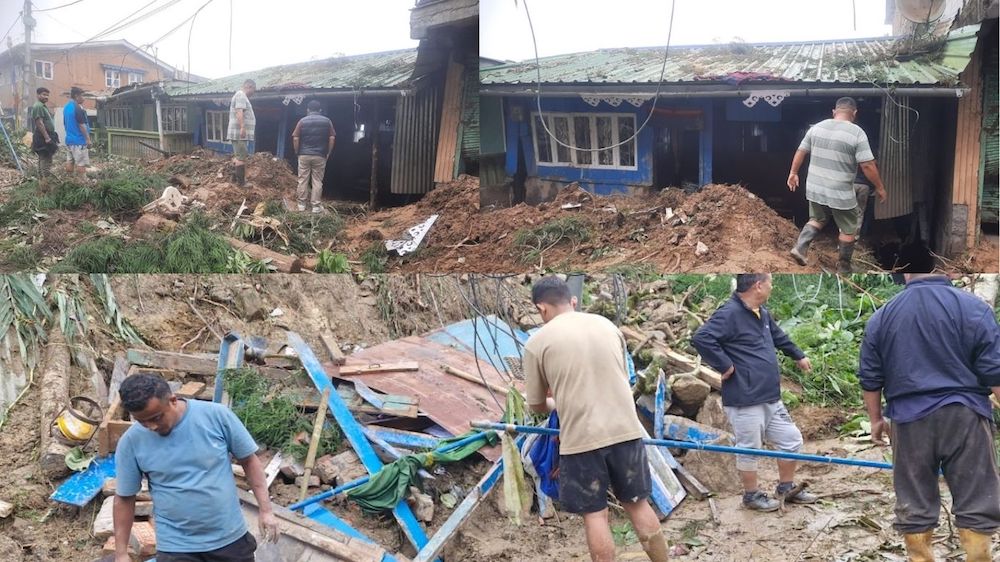Tsering Dhundup
DHARAMASHALA, July 14: A coalition of 146 Global Tibet Support Groups released a joint statement commemorating the 10th anniversary of the death in Chinese custody of Tibetan Buddhist leader, educator, and environmentalist Tulku Tenzin Delek Rinpoche.
The statement calls for justice, international accountability, and renewed pressure on the Chinese government over continued human rights violations in Tibet.
Tenzin Delek Rinpoche passed away under suspicious circumstances on July 12, 2015, after spending 13 years in a Chinese prison on charges widely believed to be politically motivated and unjust. His death, after years of torture, medical neglect, and solitary confinement, remains uninvestigated.
Dharamshala based Tibet rights group, Tibetan Centre for Human Rights and Democracy (TCHRD) also renewed its call for an independent, internationally monitored investigation into Rinpoche’s death. “A decade has passed since the death in custody of Tulku Tenzin Delek Rinpoche, a highly respected Tibetan Buddhist lama and community leader. Yet, Chinese authorities have failed to launch an independent, transparent investigation or hold anyone accountable for the gross violations of his human rights,” TCHRD said.
The Tibet rights group emphasised that the Chinese government continues to use vague national security laws to suppress religious expression and peaceful activism in Tibet. The failure to investigate Rinpoche’s death, it said, has only emboldened further repression.
Tenzin Delek Rinpoche, born in 1950 in Lithang County, was recognised as a reincarnated lama by His Holiness the Dalai Lama in 1983. Upon his return to Tibet in the late 1980s, he spearheaded initiatives to uplift Tibetan communities in Kardze Prefecture, founding schools, monasteries, health centres, and environmental protection programs. His growing popularity and unwavering allegiance to the Dalai Lama drew increased scrutiny from Chinese authorities, culminating in his arrest in 2002 on bombing charges he vehemently denied.
Despite widespread international outcry and credible allegations of a flawed judicial process including coerced confessions, denial of independent legal representation, and lack of transparency, Rinpoche was sentenced to death, with a two-year reprieve later commuted to life imprisonment. His alleged co-conspirator, Lobsang Dondrup, was executed within weeks of the sentencing. Despite international appeals, his death sentence—commuted to life imprisonment—culminated in his death at Chuandong Prison, Sichuan, with Chinese authorities hastily cremating his body and denying his family a proper Buddhist funeral or autopsy.
Human rights organisations, including Human Rights Watch and Amnesty International, have long condemned the case as a gross miscarriage of justice. A taped message smuggled from prison in 2003 captured Rinpoche declaring his innocence: “I have been wrongly accused. I have always said we should not so much as raise a hand against another.”






